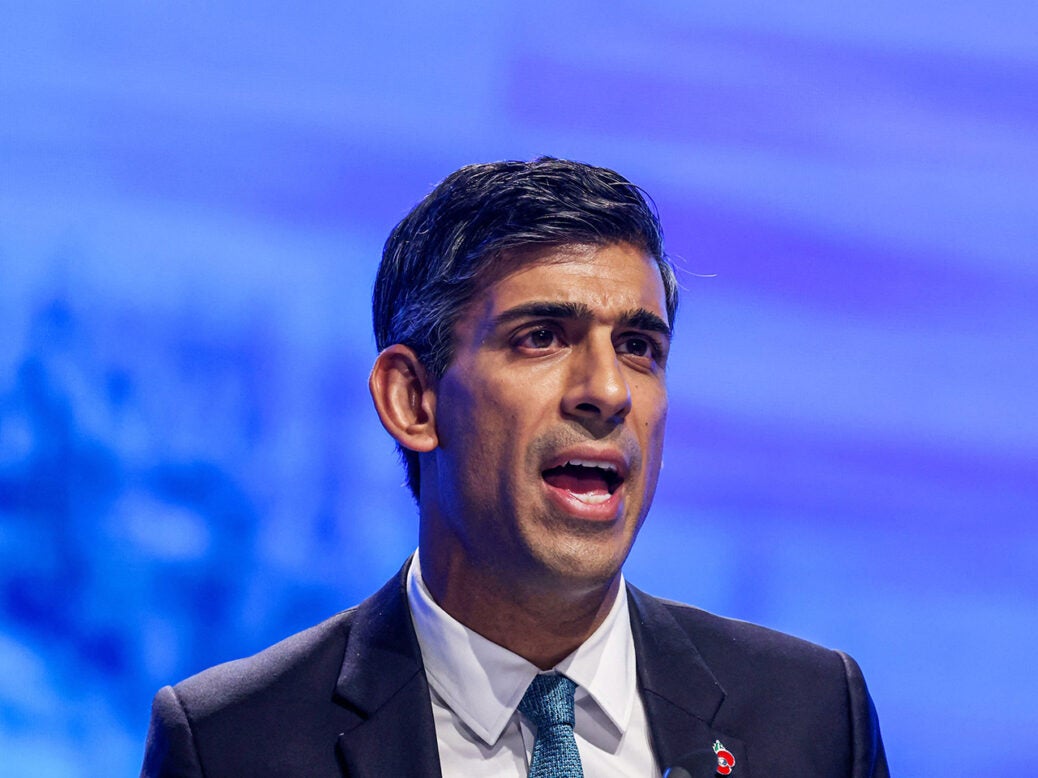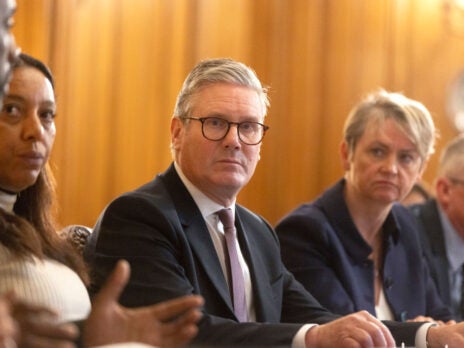
Rishi Sunak is doing a Gordon Brown – waiting out the storm by going to the polls as late as possible. This is the strategy the Prime Minister has chosen according to a Telegraph report that says the government is eyeing an October/November 2024 election.
An autumn general election is undesirable for activists, and it presents an awkward clash with the US presidential election (as David Gauke noted last week). But apparently it’s the most agreeable date for a government 18 points behind in the polls. (A December 2024/January 2025 election is rightly regarded as unfeasible.) The hope is that something will turn up to save the Conservatives.
There is hope that public anxiety over the cost of living will dissipate and be replaced by greater economic optimism. There is hope that the economy will rebound to the point that the Tories can rebuild their shattered credibility. There is hope that the issue of small boats will be solved by the next election, giving the government a much-needed win with Red Wall voters. And there is hope that Sunak can entrench himself in the public’s eyes as their preferred prime minister.
[See also: Keir Starmer’s mediocre ratings won’t prevent a Labour victory]
These are reasonable hopes. But although an economic recovery was under way in 2010 following the financial crisis, Labour’s economic reputation didn’t recover anywhere near enough to save it at the polls. Digging through my Britain Elects trackers, I’ve compared polling on the economy from 2006-10 to 2021-23. Gordon Brown’s arrival in No 10 in 2007 is notable on these charts: it represents an uptick for Labour; just like Liz Truss’s arrival in No 10: another uptick for Labour.
From today (11 April), we could be 541 days from the earliest date of the next general election (2 October 2024). At the commensurate point during the Brown years, the Conservatives were leading Labour on the economy by eight points. Today, Labour leads the Conservatives on this metric by 11 points.
From the chart above, it’s clear Labour is in a much better position on the economy than the Conservatives were from 2008-10 (even if Sunak’s Tories are still better than Brown’s Labour).
Waiting out the storm is a reasonable strategy when your sole aim is to cling on to power. But this can go against the grain of actual public opinion. As I’ve repeatedly pointed out, two in three voters today agree that the next election is a “time for change”. That was from an Ipsos UK poll in March; the same question was put in January. It found virtually the same answer.
Whether Labour’s poll lead narrows or not is irrelevant to the fundamental truth about public opinion at the moment: the next election is a change election. Labour’s lead will likely decrease and some Tory “don’t knows” will return home. But any Conservative campaign will face a formidable obstacle: the broad consensus among voters that booting them out is the priority. You cannot wish away the winds of change.
[See also: Britain Predicts: who would win the election if it was held today?]

